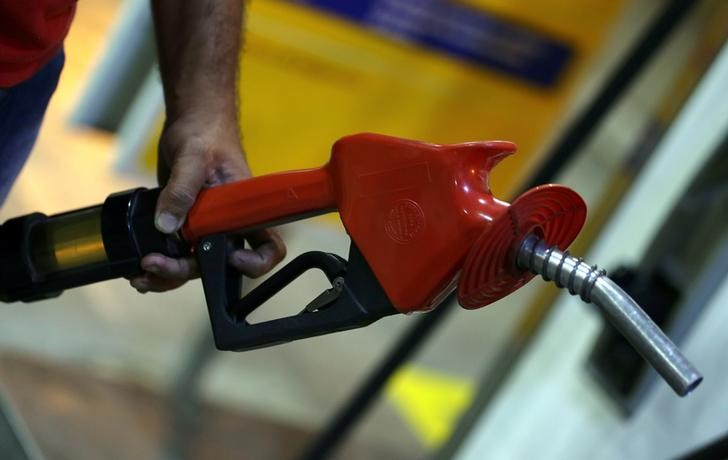By Kelsey Johnson
OTTAWA, Feb 19 (Reuters) - Canada's annual inflation rate rose to 2.4% in January on higher gasoline prices, Statistics Canada said on Wednesday, with some analysts suggesting the data may pose a challenge for the Bank of Canada should it wish to ease rates.
Analysts in a Reuters poll had forecast a rate of 2.3%, up from 2.2% in December. Excluding gasoline prices, the annual inflation rate rose 2.0% in January.
Canada's central bank has held its overnight interest rate steady since October 2018 even as several of its counterparts have eased rates, but opened the door in January to a possible rate cut if a slowdown in domestic economic growth dragged on. Bank of Canada aims to keep inflation at 2%. Money markets see about a 10% chance of a rate cut in March, down from about 16% seen before the data release. BOCWATCH
"It gives the bank a bit of a challenge if they want to cut rates," said Doug Porter, chief economist at BMO Capital Markets. "It's not a straightforward case like in the U.S. when their measure of core inflation was stuck well below 2%."
CPI common, which the central bank calls the best gauge of the economy's underperformance, was at 1.8%, lower than the 2.0% forecast by analysts in a Reuters poll.
CPI median, which shows the median inflation rate across CPI components, was at 2.2%, while CPI trim, which excludes upside and downside outliers, was at 2.1%. December's CPI trim figure was revised down to 2.0% from 2.1%.
Some analysts suggested the bank could focus more on underlying inflation.
"I think the bank will look through the drivers of the higher headline inflation rate and focus on the slight decline in average core inflation," said Derek Holt, vice president of Capital Economics at Scotiabank.
The Canadian dollar CAD=D4 held earlier gains, trading around 1.3225 to the U.S. dollar, or 75.61 U.S. cents, after the data.
Statscan said gasoline prices surged 11.2% year-over-year, due to higher crude prices in early January as oil traders fretted about tensions between the United States and Iran.
Global oil prices fell later in January as the spread of the COVID-19 coronavirus in China and elsewhere caused uncertainty about demand, Statscan said.
Meanwhile, fresh vegetable prices jumped 5.0% year-over-year compared with December, largely on higher tomato prices, which surged 10.8%, Statscan said, because of inclement weather in growing regions in the United States and Mexico.
http://tmsnrt.rs/2e8hNWV
^^^^^^^^^^^^^^^^^^^^^^^^^^^^^^^^^^^^^^^^^^^^^^^^^^^^^^^^^^^>
